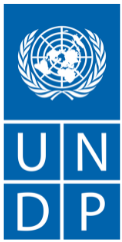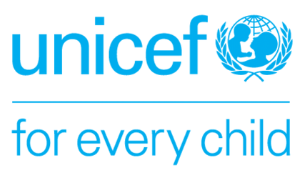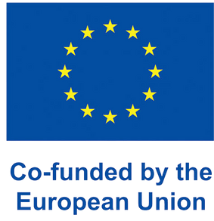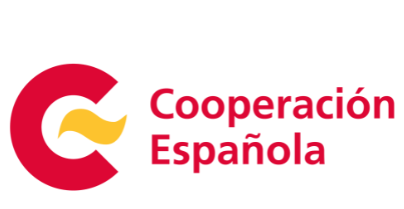On March 252021, the United Nations Development Programme (UNDP) and the Cabo Verde StockExchange committed to establishing the world’s first sustainable financingplatform dedicated to the blue economy. This commitment marks a strategic leaptowards diversifying the country’s sources of financing and achieving its ‘Ambition2030’ strategic vision.
Like mostsmall island developing states (SIDS), Covid-19 dealt a blow to Cabo Verde’seconomy. The economic downturn underscored the importance of building long-termresilience and sustainability on the country’s path to upper-middle-incomestatus. Unfortunately, constrained access to finance, especially foreign directinvestment, remains a persistent obstacle, slowing the pace of change.
Thedevelopment of the ‘blue’ finance platform offers an innovative way forward. Asthe first step in this process, the Cabo Verde Stock Exchange, in partnershipwith the United Nations Development Program (UNDP), organised a ‘sustainablefinance’ training event targeting the leading players in the country’sfinancial ecosystem. The training took place within the scope of the country’sIntegrated National Financing Framework, currently under development withfunding from the Joint SDG Fund and support from UNDP, International LabourOrganisation and the UN Office on Drugs and Crime.
The trainingaimed to promote local technical capacities and enable requisite marketconditions to develop sustainable finance instruments and services based in CaboVerde. The training focused on the fundamentals of sustainable finance, markettrends and trajectories, relevant products and standards, and an overview ofkey players and regulations, with a specific thematic focus on a relatively newinstrument: ‘Blue bonds’.
Blue bondsare debt securities issued by governments to finance projects related to theocean economy and marine resources. The projects are as ‘green’ as they are ‘blue’.The bonds not only generate returns for the investors who buy them, but theyalso have positive economic, social, environmental and climate impacts. Inother words, they facilitate the transition towards an inclusive andsustainable blue economy that serves people and the planet.
TheLuxembourg Green Exchange (LGX), an imprint of the Luxembourg Stock Exchangeand the world’s first and leading platform dedicated exclusively to sustainablefinance, delivered the training. LGX shared knowledge and information essentialfor promoting sustainable financing in Cabo Verde, including expanding thenational capital market through innovative financing instruments focused onimpact investments.
For StevenUrsino, Head of the UNDP, UN Children’s Fund (UNICEF), and UN Population Fund(UNFPA) Joint Office in Cabo Verde, the training offered a unique opportunityto get key actors together in one room. “What particularly fascinated me,” saidUrsino, “is how the training brought a highly diverse set of actors and institutionstogether to learn about the intricacies of sustainable finance, converge aroundthis theme in the context of the blue economy, and collectively chart a pathforward.”
The platform isa significant step towards improving the island state’s regional and globalintegration, a cornerstone of Cabo Verde’s ‘Ambition 2030’. The objective is to establish CaboVerde as a sustainable finance hub for Africa, capitalising on the country’scomparative advantage in governance, institutions, and human capital. The hopeis that other states – Small IslandDevelopment States (SIDS), the Economic Community of West African States(ECOWAS) and Portuguese-speaking African countries (PALOP) – will benefit fromand utilise the platform’s services in the future.
The next stepis to bring together domestic and foreign stakeholders, including Cabo Verde’sMinistry of Finance and stock exchange, to launch a complete project pipelinefor blue economic activities.
The successof future endeavours depends largely on Cabo Verde’s engagement with its large ex-patcommunity, primarily based in the United States, Europe and Brazil, and other privateand public actors who share an interest in the blue economy.
Once operational,the platform will begin to unlock investments, catalysing the development of a vibrant,entrepreneurial, and innovative blue economy sector in Cabo Verde. Complementedby inclusive finance initiatives developed under the INFF umbrella, this platformwill go a long way toward ensuring all Cabo Verdeans benefit from thegeneration of new ‘blue’ opportunities.













.png)


